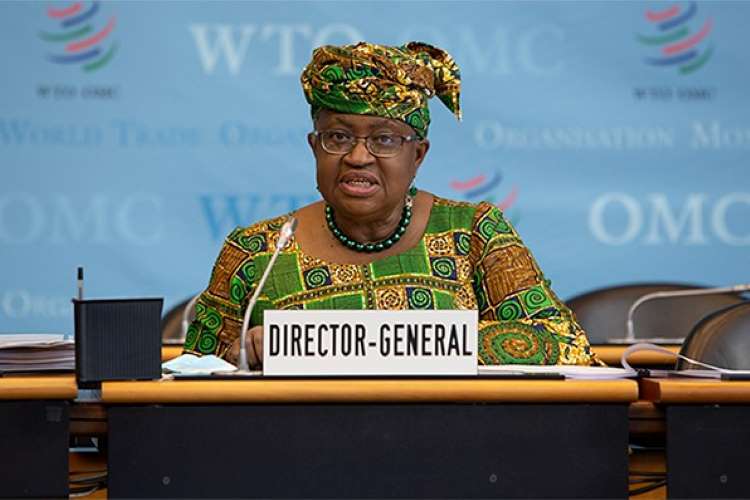WTO ministerial meet: Ministers from 164 member states of the World Trade Organisation will join the trade body’s 12th ministerial conference in Geneva next week. The meeting assumes added significance as it comes at a time when the global economy is staring at a recession. The Russia-Ukraine war has triggered a “polycrisis” of health, economic, and security challenges.
Some of the topics of discussion at the Geneve ministerial are response to the Covid-19 pandemic, subsidies that lead to overfishing, food security, a moratorium on import duties on e-commerce, WTO organisational reforms, and environment. India expects to play an important role in the negotiations on topics such as e-commerce, and intellectual property rights on Covid-19 vaccines.
READ I Harm reduction is the future of tobacco regulation: Rajeev Gowda
Indian agenda at WTO ministerial
Moratorium on taxes on e-commerce: One of the keenly debated topics at the Geneva ministerial would be a moratorium on duties on cross-border electronic transmissions, an agreement that has been in place since 1998. WTO members had vowed not to impose tariffs on cross-border electronic transmissions, a pact that has allowed medium and small businesses world over to flourish.
The lapse of the moratorium will impact businesses that use digital technologies and operate globally. Trade ministers of member nations agree to renew the moratorium at WTO meetings. This year, India is opposing the renewal of the moratorium, citing revenue losses. But, a recent study by European Centre for International Political Economy showed that the lapse of the moratorium will lead to India losing up to 49 times its potential revenue earnings.
READ I The Next Wave: Fintech start-ups must focus on customer engagement, partnerships
An OECD report found that electronic transmissions reduce trade costs by up to 30%. Lapsing of the moratorium could be detrimental to Indian businesses as they are staging a recovery from the Covid-19 pandemic. The impact of the lapsing could be disproportionate for the country’s MSMEs.
Subsidies leading to overfishing: Another hotly contested topic at the WTO ministerial would be subsidies on fishery and marine products. India has proposed that the ban on unreported and unregulated fishing should not apply to developing countries for fishing within their exclusive economic zones and high seas. Indian proposal has found support among many developing nations, especially those from Africa.
IPR waiver on Covid-19 vaccines: India is leading the developing nations which are demanding a waiver of IPR on Ccvid-19 vaccines to improve the access for vulnerable populations. India calls for a uniform non-discriminatory regime , but the proposal has evoked opposition from industrialised countries.
The biggest challenge for the trade body is to stay relevant amid an all-round crisis. Its negotiating arm and the dispute settlement mechanism are in trouble. The developing countries have developed a distrust as they feel that the WTO is dominated by rich nations and has failed to protect their interests. Despite the organisational crisis and disagreements, the WTO members are still willing to settle issues under the organisation’s mechanism.

